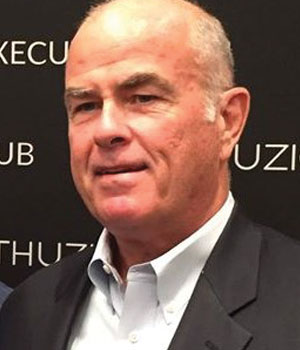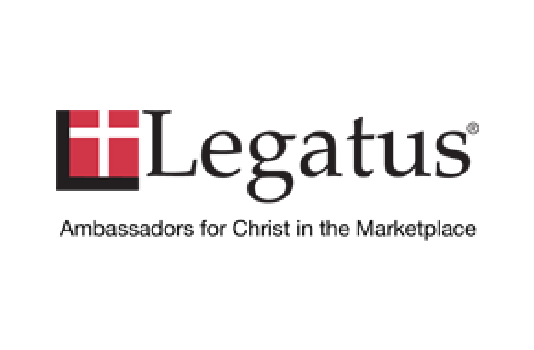As COVID-19 recedes, the “normal” to which we return will differ from its pre-Corona counterpart. Changes will be good and bad, short-lived and lasting, predictable and unforeseen. Despite the unknowns, we can count on one inevitable truth: other crises lurk. Are we ready for the next one?
As we approach Fathers’ Day, we should assess our crisis preparedness by asking how well we fulfil the primary responsibilities that belong to us as parents versus those assigned to other institutions — such as federal, state and local governments, public companies, organized religions, charities, and other non-profits. Consider this: when schools closed, politicians worried how children were to be fed. Public schools, after all, have assumed the responsibility of feeding kids during school and oftentimes before and afterward. Politicians also worried about how working single mothers could make alternative arrangements for their kids, and so they lurched to set aside billions of federal dollars for nationally funded daycare.
well we fulfil the primary responsibilities that belong to us as parents versus those assigned to other institutions — such as federal, state and local governments, public companies, organized religions, charities, and other non-profits. Consider this: when schools closed, politicians worried how children were to be fed. Public schools, after all, have assumed the responsibility of feeding kids during school and oftentimes before and afterward. Politicians also worried about how working single mothers could make alternative arrangements for their kids, and so they lurched to set aside billions of federal dollars for nationally funded daycare.
When the government scrambles during a crisis to feed and babysit kids across the country, then we have a problem. I cling to the belief that parents are responsible for providing for their kids.
To this end, we should revisit the suggestion from long ago that families should build three to six months of emergency funds to cover food, rent, insurance, loan payments, and other expenses in the event of job loss. Some will argue it is too hard to do this in today’s complex society. It was never easy. But without emergency savings available when a crisis hits, many are caught flatfooted and immediately look to Washington and state capitols for help.
To be sure, as charitable people, our best instincts are to help those in need, and we do. But this shouldn’t imply that we transfer our family responsibilities to government bodies. Perhaps we should examine what personal spending priorities we have placed ahead of crisis preparedness.
A related issue is the relationship between crisis preparedness and the role of fathers. COVID-19 has illuminated the crisis of fatherlessness that has metastasized over the last 50 years. Tens of millions of kids live in father-absent homes. Almost 50 percent of these kids with single mothers live below the poverty line. These fatherless kids struggle on a good day, even before a new virus upends their world. Chances are that these moms don’t have “build a three-month contingency fund” at the top of their to-do lists. A crisis naturally is going to hit families harder where a provider is absent in one of the key roles that fathers traditionally play.
Other species — think of birds — decided long ago that it takes two parents to raise their young, often with one guarding the nest while the other hunts. Humans resembled our feathered friends for thousands of years before we let a variety of forces in recent decades render fatherhood optional, obsolete, or even sinister. What were we thinking? Now government scrambles to play the roles that two parents, working together, were designed to fulfill. Why did we think that government, of all things, should be entrusted to do something as important, complicated, and demanding as parenting?
Before the next crisis comes knocking, we should save, assess our spending priorities, and prepare for the challenges that we, like it or not, will face again. All fathers should assess how well they have equipped their families to weather the next storm. And all of us – including public policy makers, religious leaders, and business executives – should re-examine the traditional roles fathers have played in support of their families and ask why these roles have been ignored, undermined, or transferred to other parties.
BILL MCCUSKER is the founder and CEO of Fathers & Families, Inc. He is a retired business executive who spent 35 years with global professional services firms. He is a former Peace Corps teacher in Fiji and a graduate of the University of Notre Dame (B.A.) and the University of Michigan (M.B.A.)






